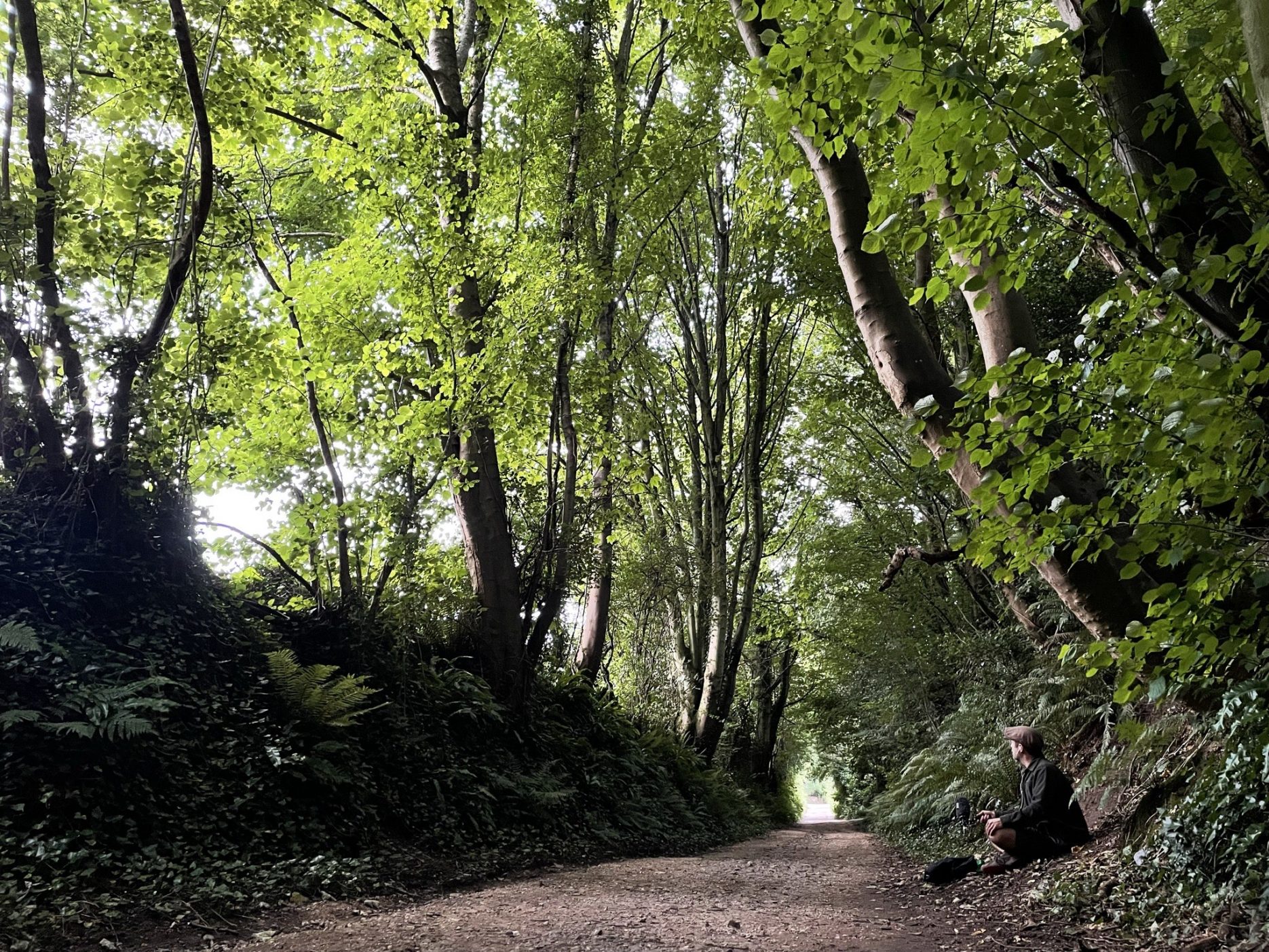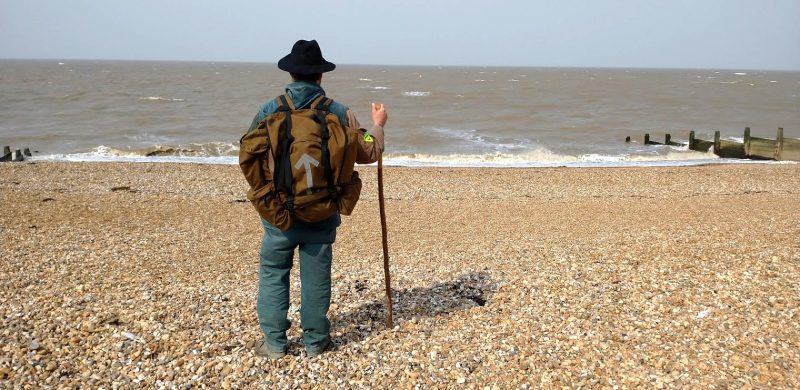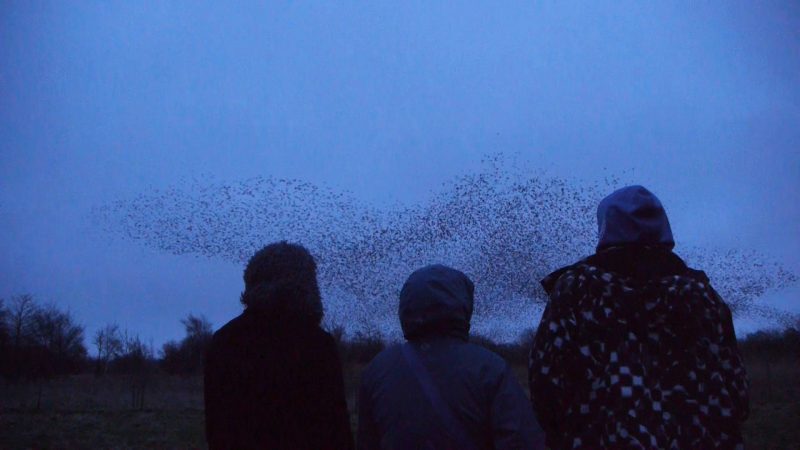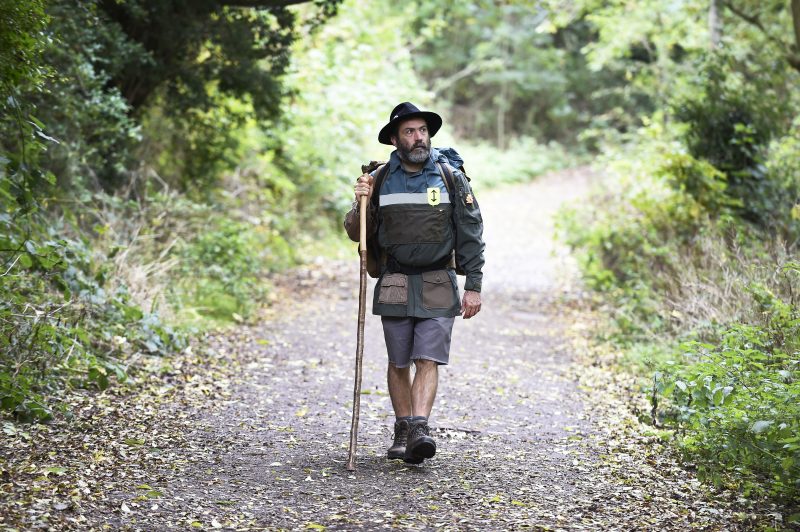I think I’ve been interested in the relationship between stillness and adventure for a long time. I can find this sense of needing to ‘step out’ in the dawn of a clear day, in the rejection of broken systems, in the intangible sense of something beyond, for which it is worth reaching.
For me, walking is meditation, trauma response, vehicle, enquiry, creative movement; but this year pilgrimage became something more like a philosophy. It arose partially from the work we did with Bayo Afomolake: a community of students seeking sanctuary and ‘becoming fugitive’, examining how to step out of the ruling dichotomies of ‘this or that’.
But I also walked from a place of multiple personal griefs, which repeatedly knocked my faith and razed my identities. Sometimes putting one foot in front of the other and trusting that I would move seemed all that was available to me. So when you invited me to start a journey together, it felt right, like that intuitive stepping out which your body knows before your brain does. And my intention – to move in my grief – was the emergence of faith / holiness in walking. I was looking for something; seeking the radical simplicity and humility exemplified by the pilgrim archetype, and creating conditions for change and space for the new without knowing.
As we journeyed, the more liminal places felt fruitful. The ferry ride, after setting off from one shore but before arriving on the other, where we floated above a watery middle world. Or sitting on the seashore as waves lapped over my legs to briefly make me theirs, before retreating again to return my flesh to land. These edge places felt like places for me.
Something I didn’t anticipate but felt affected by was the relationship with Christian pilgrimage and historical figures. The ghosts of medieval monks and echoes of prayer in the church stones at Hamble-le-Rice, and the solemnity and sense of purpose at the nunnery in Winchester. We walked through, past and within visual vestiges of the empire as we walked out of Southampton, the tone of reflection as we passed broken piers for WW2 hospital boats, and tree-lined paths where the sick and ‘infirm’ visited healing holy wells.
All of this sounds very singular and internal but our fellowship and ‘communitas’ – the others we encountered on the way – felt generous and connected. An unsweetened hospitality which accepted journeys of enquiry with level and extra-ordinary respect.
In arboreal terms, the stronger the roots the better the branches can weather the storm, and since exposure to unpredictable conditions is an entirely unavoidable part of existence it makes sense to grow as deep as we grow tall. I didn’t know it at the time but as summer shrinks away and autumn leaves are shed, I can sense my roots have been growing.
Rosie Freeman





